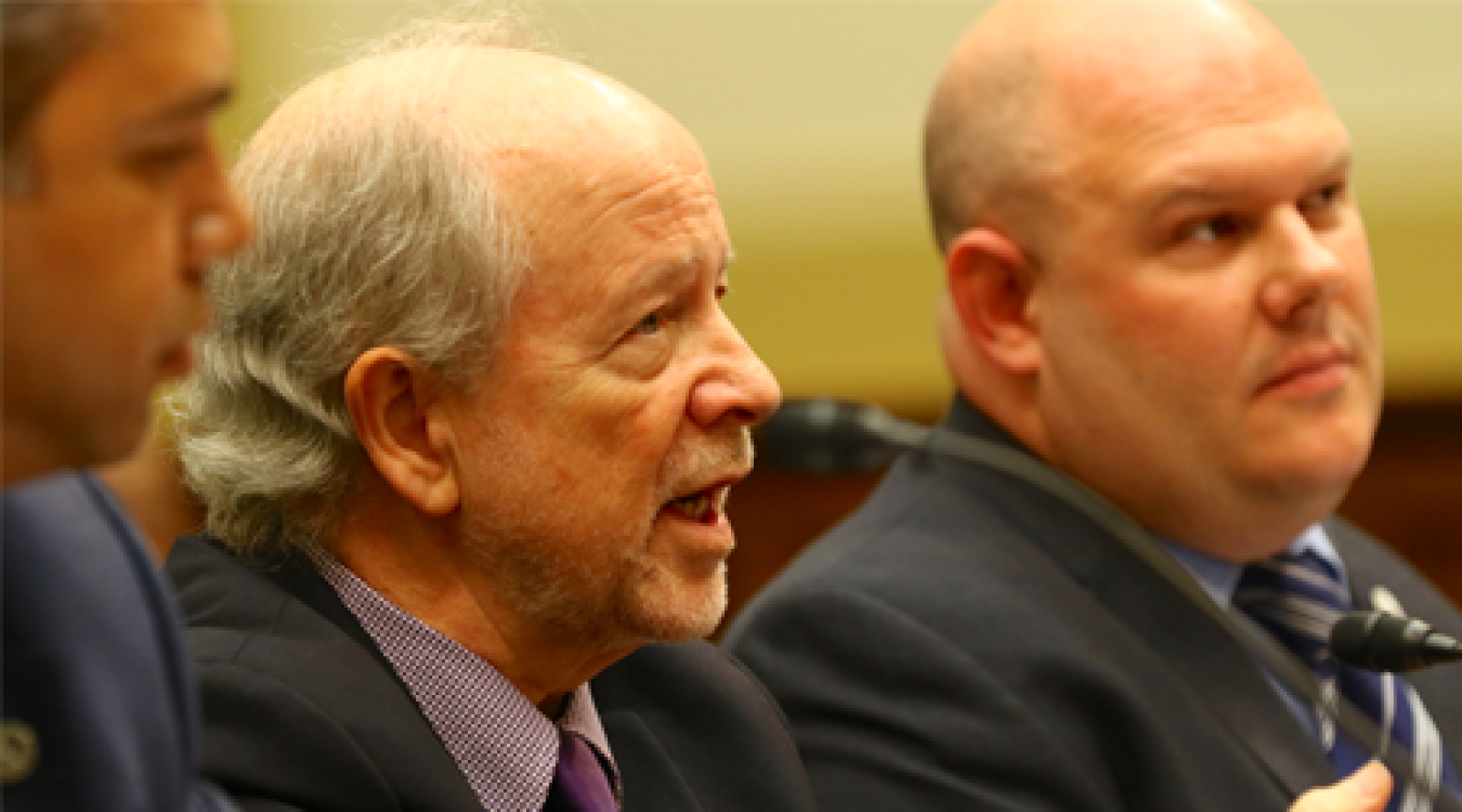
SHARE
How can the United States be a more effective partner in supporting democratic development in Africa? This was the subject of a House Foreign Affairs Committee hearing this week, which featured Patrick Merloe, senior associate and director of election programs at NDI. The hearing titled “Democracy Support Strategies in Africa” and chaired by Congressmen Chris Smith and Dan Donovan on May 18 was held against the backdrop of both democratic progress and democratic backsliding on the African continent.
The continent has seen significant democratic gains in recent years. Nigeria’s successful elections last year ushered in the country’s first peaceful transition of political power between political parties. Cote d’Ivoire also experienced a successful election in 2015 -- a remarkable turnaround from tragic post-electoral violence just two years earlier. Kenya has seen significant progress toward democratic consolidation since 2010 political reforms ultimately led to successful elections in 2013. In all three examples, international assistance played an important role in helping to strengthen and legitimize electoral processes.
Despite these positive stories, a troubling trend of African leaders changing constitutions to preserve their own grip on political power threatens to undermine democratic gains. In his testimony, Merloe underscored that elections are an essential but insufficient condition for democracy. “Elections must be viewed as an essential part of broader political dynamics, not isolated from them,” Merloe said.
Effective democracy assistance must view democracy not as an event but as a process that extends throughout the breadth of the electoral cycle and takes into account contextual factors that might subvert credible and peaceful elections. This approach, Merloe emphasized, “highlights the multiple, long-term processes that begin far before election day, continue after it, and even connect up to subsequent elections. Indeed, the pre- and post-elections are critical and merit increased attention.”
“To ensure that elections can resolve peacefully the competition for governmental office and ensure that the will of the people provides the authority and legitimacy for government, at least three principles need to be reinforced in all electoral assistance: inclusiveness, transparency, and accountability…”
Given the importance of consistent international engagement to helping support democratic development in Africa, Merloe warned against the tendency of U.S. policymakers to focus attention and invest resources only to put out fires. “Democracy and governance funding has faced several years of cutbacks, particularly in Africa, which was reduced by more than 40 percent last year,” Merloe said.
Among five critical elections in Africa over the next year, Merloe highlighted Ghana to underscore the need for continued engagement, especially in countries where democratic development is headed in a positive direction.
“[Ghana] is rightly held out as a positive political development example, but actors across the electoral spectrum there are calling for international engagement,” Merloe said. “It is an example where focused attention can help maintain a stable anchor in an important region.”
Read Mr. Merloe’s full HFAC testimony, which include his specific recommendations to the U.S. government.
Published on May 19, 2016


